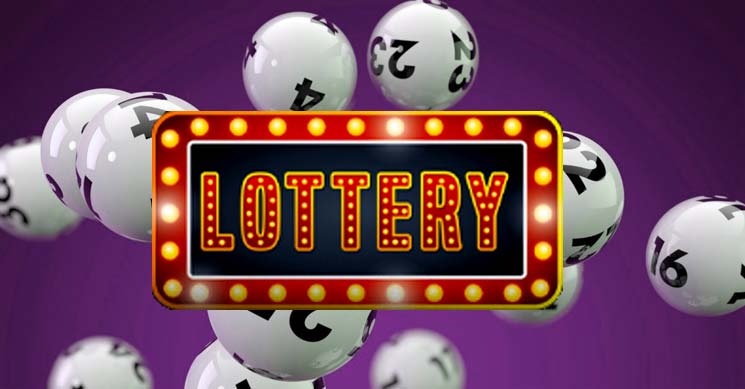
The first documented lotteries were held in the 17th century in the Dutch Republic. The money raised by these public lotteries was used for poor relief and other important public projects. The lottery was an immensely popular way to raise funds for these projects and was even hailed as a painless tax. The oldest continually running lottery pengeluaran sgp in the world is the Staatsloterij in The Hague, established in 1726. The word “lottery” is derived from a Dutch noun, meaning “fate.”
The lottery pengeluaran sgp is taxed for its monetary value, which is 5% of its sales. Of this, another 8% is used to fund charity and sponsorships. Thus, the total revenue from gambling is 13% of its total revenue. This tax is made up of two different bases: the fixed tax per machine in slot halls and casinos, and the fixed tax on the GGR (gambling gain rate). This tax is applied to the GGR, which is the sum of the money the players have wagered and won from the lottery. The fixed tax rate for betting is 15 percent of the GGR.
The best lottery pengeluaran sgp websites offer a convenient banking system, enabling customers to make an electronic deposit with as little as $10. However, payouts may take a little longer to process, and there may be a small service fee associated with it. In addition, some lottery brands have a Refer-a-Friend program, which awards the player a free ticket every tenth or fifteenth time they play. This method is particularly useful if you play multiple lotteries every week.